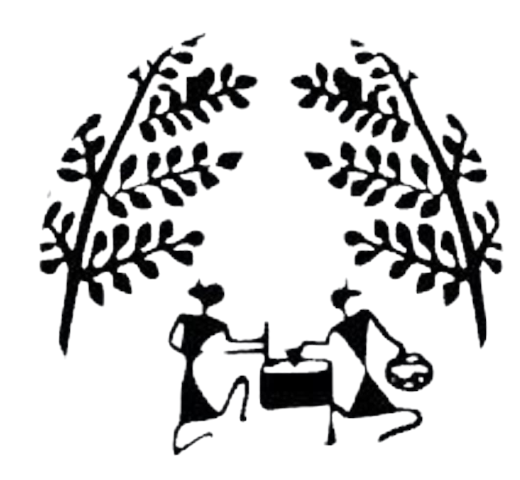Conserving and promoting heirloom seeds is a crucial strategy to enhance seed sovereignty and resilience of farmers.
For several unfortunate decades, though, the farmers were brainwashed to believe that they can easily buy seeds available from the market, by hard selling hybrid, GMO seeds.
In fact, the legislative framework in India has consciously promoted the growth of big transnational corporations, pushing mass scale sale of GMO seeds, at the great cost and loss of farmers.
We believe that to ensure sustainable farming, farmers need to preserve and use their own indigenous seeds and thereby increase the diversity within the seed varieties. The multinational seed companies have created an ecosystem that discourages farmers from preserving home grown seeds.




Transnational corporations offer free hybrid seeds and chemical fertilqisers to tribal farmers through the government subsidised Schemes. As a consequence, our farmers are losing native traditional seeds and end up buying seeds from companies at a higher cost.
It is in this context that several Tribal women, who have never been to school, are now the promising champions of biodiversity. They have developed expertise about seed preservation, and recently led the educational interventions at Seed ‘Mela’ (Fesrival) at Limkheda and Vijayanagar in Gujarat.
They brought seeds from their home, preserved and protected through inter-generations. They enthusiastically shared the details of their seeds, how they have been protecting, knowledge about the right time to sow, etc… Each woman brought seeds of grain, including maize, rice, tuver (lentil), chana (gram), moong(lentil) and so many varieties of seeds for growing vegetables and spices. The quantum and variety was so vast that we required at least a week to sort out all seeds.
Aranya India in collaboration with Shabari Sangathan organised a Seed Mela on the auspicious day of ashadhi bij- on 20th June 2023 at Limkheda and on 24th June 2023 at Vijay nagar, Gujarat.
We have been managing Seedbank since the past ten years, with an objective to protect and preserve heirloom seeds in the tribal belt of Gujarat.
The process is very simple; our members donate/exchange seeds and grain to the Sangathan (community organisation) and Sangathan distributes/shares the seeds among the members.
We are fully mindful about the negative impact of Climate Change, which will negatively impact crop productivity in the years to come, and our native seeds can demonstrate higher resilience and protection against crop/ yield loss;
We now believe and propose to set up a network of indigenous seed -banks at the community level, as an effective approach to increase resilience..

